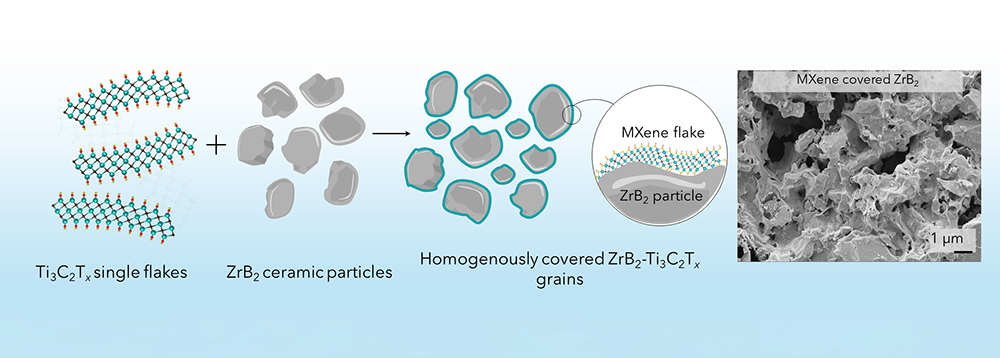Three of Germany’s top materials scientists, Jürgen Rödel, Jürgen Eckert and Holger Braunschweig, have all been awarded that nation’s highest research prize. The Deutschen Forschungsgemeinschaft presents the Gottfried Wilhelm Leibniz Prize annually to 10 (actually 11 in 2009!) outstanding scientists and academicians, with the aim that the laureates use the funds – worth up to €2.5 million – over a seven-year span.
Rödel, a Fellow of the American Ceramic Society, works at the Institute of Non-metallic Inorganic Materials, Technical University of Darmstadt, where he focuses on high-performance ceramics such as ferroelectrics and lead-free piezoelectric ceramics. His discoveries have already made their way into mobile phones and controls for internal combustion engines. Rödel is also researching novel gradient materials and has made new ceramic-metal gradient materials that he hopes will find applications in energy and medicine. Rödel obtained his doctorate from the University of California Berkeley, after which he worked as a postdoctoral researcher at Lehigh University in Bethlehem, Pennsylvania and at the National Institute of Standards and Technology, before returning to Germany.
Eckert can be found at the Institute for Complex Materials, Leibniz Institute for Solid State and Materials Research Dresden and the Institute for Materials Science at the Technical University of Dresden. His efforts have been aimed at novel amorphous inorganic materials such as metallic glasses. His research has improved the understanding of the properties of metallic glasses and production of these strong and inexpensive materials in an industrial environment. He has worked at the California Institute of Technology before moving to the Leibniz Institute for Solid State and Materials Research and the Technical University.
Braunschweig works at the Department of Inorganic Chemistry, University of Würzburg. He gained notice for his work on how the element boron is effectively “tamed” by metal bonds, knowledge that is leading to advances in catalysis and material sciences. Braunschweig was a senior lecturer and reader at Imperial College London before moving to Würzburg to take up a chair in inorganic chemistry in 2002.
CTT Categories
- Electronics
- Energy
- Material Innovations
- Nanomaterials


